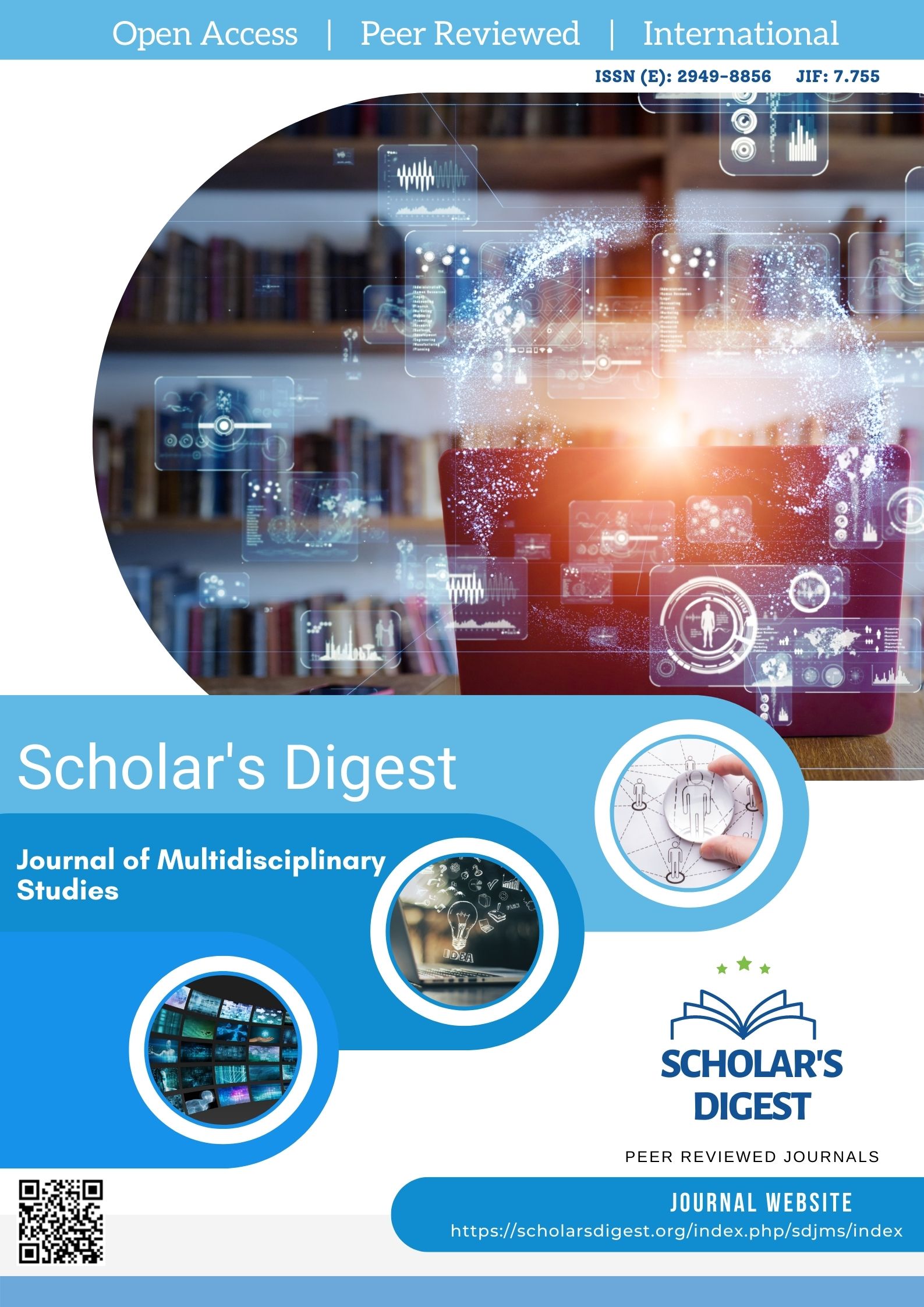MATHEMATICS TEACHERS' BELIEFS ABOUT LEARNING AND TEACHING MATHEMATICS
Keywords:
Beliefs, Mathematics Teachers, Teachers’ BeliefsAbstract
The current study aimed to explore the beliefs of mathematics teachers regarding the learning and teaching of mathematics. To achieve the objective of the study, the Mathematics Teaching and Learning Beliefs Scale developed by Beswick (2005) was utilized after being translated and modified. The original scale consists of 26 items distributed across three domains: the nature of mathematics, learning mathematics, and teaching mathematics. However, since the focus of this study was limited to learning and teaching mathematics, only 24 items were used, excluding the two items related to the nature of mathematics. The results of the study indicated that the beliefs of mathematics teachers tend to align with the contemporary (constructivist) perspective of learning and teaching mathematics. Specifically, 11 out of the 20 items reflecting the modern view received high mean scores. The findings also showed that there were no statistically significant differences in teachers’ beliefs about learning and teaching mathematics attributable to gender. However, statistically significant differences were found based on the academic qualification variable. In light of these findings, the researcher recommends organizing workshops and training programs based on constructivist theory. These should emphasize learner-centered activities and the process of constructing mathematical knowledge through prior experiences, which in turn positively influences teachers’ beliefs about learning and teaching mathematics.
References
1.Pehkonen , E.(1999). Conceptions and images of mathematics professors on teaching mathematics in school. International Journal of Mathematics Education in Science and Technology 30(3)
2.Shahvarani , A. & Savizi , B.(2007). Analyzing some Iranian high-school teachers beliefs on mathematics, mathematics learning and mathematics teaching. Journal of Environmental & science Education, 2 (2) , 54 – 59.
3.Tatto , M.(1999). The socializing influence of normative cohesive teacher education on teachers beliefs about instructional choice. Teacher and Teaching: theory and practice , 5 (1) ,
4.Cobb , V.(1999). An International Comparison of Teacher Education.- ERIC , ED436486.
5.-Smith , L.(2005). The impact of early life history on teacher’ beliefs: in school and out-of-school experiences as learners and knowers of science. Teacher and Teaching: theory and practice , 11 (1) , 5 – 36.
6.Wagner , S. , Lee , H. & Ozgun-Koca , A.(1999). A comparative study of the United State , Turkey , and Korea: Attitudes and beliefs of preservice mathematics teachers toward mathematics , teaching mathematics , and their teacher preparation program. ERIC , ED445907.
7.Alharbi, M.; Almatham, K.; Alsalouli, M.; & Hussein, H. (2020). Mathematics Teachers’ Professional Traits that Affect Mathematical Achievement for Fourth-grade Students according to the TIMSS 2015 Results: A Comparative Study among Singapore, Hong Kong,- Japan, and Saudi Arabia. International Journal of Educational Research, 104, 1-15. https://doi.org/10.1016/j.ijer.2020.101671
8.Monouchehn, & Goodman. (2000). implementing Mathematics reform: The challenge within Educational Studies in Mathematics,42(1) 2-35.
9.Pajares, M. F. (1992). Teachers’ beliefs and educational research: Cleaning up a messy construct. Review of Educational Research, 62(3), 307–332.
10.Borg, S. (2001). Teachers’ beliefs. ELT Journal, 55(2), 186–188. Raymond A. M. (1997): Inconsistencies between a beginning elementary schoolteacher s .Mathematic Education, 28. (5) pp. 550 – 570.
Downloads
Published
Issue
Section
License

This work is licensed under a Creative Commons Attribution-NonCommercial 4.0 International License.








